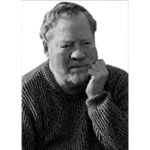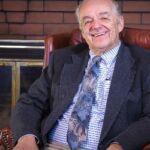Evidence for the Thesis that Souls Repeatedly Incarnate and that Individuals Have Composite Souls from Multiple Past-Lives – Esther M. Iseman and Roger E. Spitzer (Is.18).
by Esther M. Iseman, M.S., D.C.H. and Roger E. Spitzer, M.D.
Abstract
Past-life regression of a single individual has revealed 500 sequential years of repeated soul incarnation between two lineages of soul mates. In addition, the existence and function of “helper souls” has been delineated. In each lifetime, including Columbus’ voyage, the Civil War, Post Reconstruction, The Indian Wars, World War I and World War II, soul mates have bonded only to be separated and required to return to a subsequent life in order to restore their love. Verification of these stories was obtained by war records and independent regression of both soul mates in the present to the same past lifetimes leading to identical stories.
Introduction
It … Read the rest





